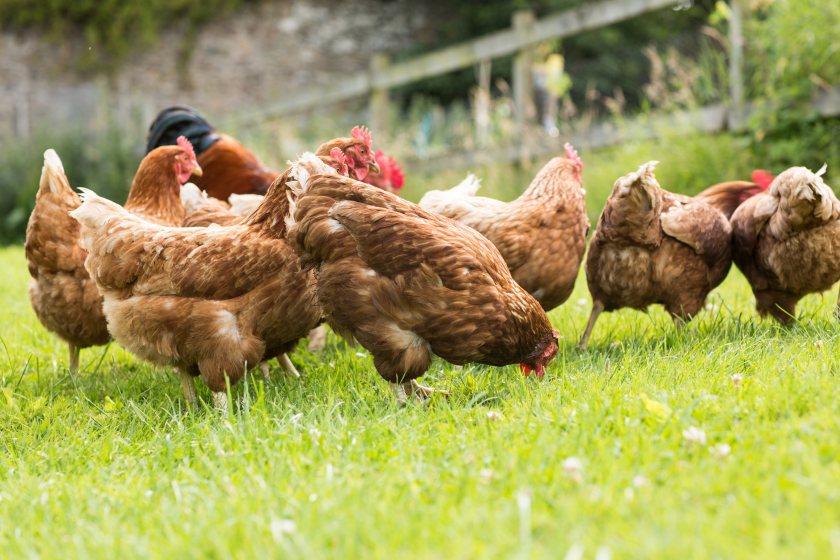Wales orders all birds indoors as avian influenza threat heightens

Wales is bringing in compulsory housing for all poultry and captive birds from Thursday (13 November), as the nation faces what ministers describe as a “very high” risk of avian influenza.
The Welsh government announced the new measures following a surge in bird flu cases across Great Britain, affecting both kept and wild birds. Officials warn that the virus poses a major threat not only to animal welfare, but also to food production and public health.
Anyone keeping 50 or more birds of any species must house them indoors. The same rule applies to smaller flocks if eggs or poultry products are sold or given away, as trading increases the risk of spreading disease. Additional biosecurity rules are being introduced for the gamebird sector, which was hit by outbreaks last season.
These steps form part of the existing Wales avian influenza prevention zone (AIPZ), first established in January. England and Northern Ireland have already implemented similar housing orders, with all poultry in England confined since 6 November. Defra said the nationwide housing order was needed to “prevent bird flu and stop it spreading.”
Deputy First Minister and Minister for Rural Affairs, Huw Irranca-Davies, said the decision was made after careful consideration. “We keep measures under active review,” he explained.
“Since the AIPZ was introduced at the start of the year, the risk of disease has recently increased further, and Wales is now facing a very high level of avian influenza risk.
"The decision has not been taken lightly, but it is necessary to protect both our bird populations and the livelihoods of poultry keepers across Wales.”
He urged bird owners to “comply with these requirements and maintain the highest standards of biosecurity,” acknowledging that while the restrictions will be challenging, “by acting now we can help prevent the spread of this disease and protect our flocks.”
Chief Veterinary Officer for Wales, Dr Richard Irvine, said there has been “a sharp increase in the number of avian influenza cases in kept and wild birds.”
He emphasised that while housing orders are vital, “they are not a substitute for stringent hygiene and biosecurity.” He encouraged keepers to use the official biosecurity checklists and “remain vigilant, report any suspect cases of disease immediately, and ensure they are following the mandatory enhanced biosecurity requirements.”
The housing order and AIPZ will remain in force until further notice, under ongoing review by the Welsh government in collaboration with the Animal and Plant Health Agency and other UK administrations.
Experts warn that this year’s strain could be the most contagious yet. Professor Ian Brown of the Pirbright Institute said that the virus circulating among farm flocks is “as super-infectious as any high pathogenicity avian influenza we've ever seen.”
He urged farmers to “prepare for the worst,” adding that the industry must “batten the hatches down, review their biosecurity and redouble their efforts” to contain the disease.
With winter migration under way, officials warn that vigilance and strict compliance will be crucial in containing what could be the UK’s most virulent bird flu outbreak yet.








